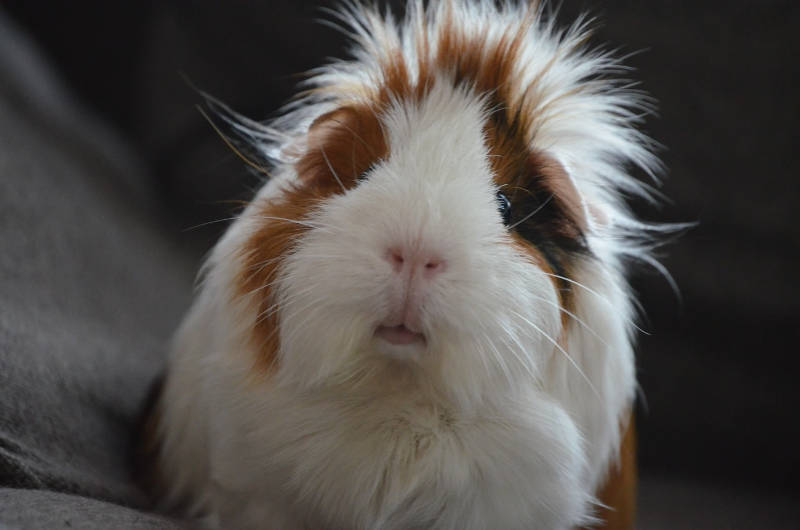Council in New Tecumseth has adopted a new bylaw, as of April 12, that affects how animals are purchased and sold within their municipality. Once these changes come into effect, pet stores will no longer be able to sell pets, including dogs, cats, and even rabbits, that don’t come from reputable rescue organizations.
Reputable rescues include organizations such as the Humane Society, the OSPCA, and other well-established animal rescues and shelters.
This new bylaw aims to curb the sale of animals from irresponsible breeders, often known as ‘backyard breeders’, who breed animals primarily for profit. These types of breeders typically take less interest in the health and breed traits of their animals, and tend to breed much more often.
Since the start of the pandemic, there has been a surge in demand for pets, as people are spending much more time at home. This increased demand has resulted in a deluge of backyard breeders selling animals all over the internet. Prices are also at record highs, as many pets are selling up to four times (or more) the regular pre-pandemic price – and people are paying. This overwhelming demand is putting giant green dollar signs in the eyes of backyard breeders looking to make some quick cash.
In Canada, there are more than 400 breeders of exotic small pets, such as reptiles and guinea pigs, which are often bred in deplorable conditions and never receive any medical care. Commonly, these poor animals are bred in large plastic kiddie pools in industrial spaces, and the healthiest looking animals are sold in batches to pet stores. Animals which are ill are simply left to die and to later be disposed of like garbage.
While there is no way to know exactly how many animals die in conditions like these every year in Canada, industry experts conservatively estimate backyard breeding deaths are in the tens of thousands.
Now, when it comes to breeding pets, there is a spectrum of reputability. Not all backyard breeders are breeding merely for some quick cash, and not all ‘reputable’ breeders are as wholesome as they appear. It’s important to remember that breeding animals is a for-profit enterprise. When it comes to purchasing a new pet, it is up to the consumer to educate themselves in order to separate the good from the bad.
Every pet purchased from a questionable source supports this bleak sector of the pet industry, and only encourages breeders to create more ‘inventory’.
A great deal of the animals sold in pet stores, primarily reptiles, are also taken from the wild and shipped in crates from far away countries like Mexico. The sad reality is a significant percentage of these animals die during transportation, and the vast majority die within their first year of captivity. For mass breeders, it’s a numbers game, and the greater the inventory, the greater the profits.
Many pet retail stores sell pets in Canada. Unfortunately, most pet retail employees receive bare minimum training on the basics of caring for these highly sensitive animals, and are typically not qualified to educate their customers on proper care and handling.
Regulating pet sales isn’t a new concept. Ontario municipalities, including Toronto, have banned the sale of animals in pet stores for over a decade, with dozens of other Canadian municipalities following suit. More recently, Orangeville has banned the sale of cats and dogs in pet stores, and Barrie is investigating doing the same.
This move isn’t designed to punish retailers; rather it helps to curb the sale of animals bred into poor conditions or those being unfairly taken from their natural habitat.
After all, there are more than enough animals in rescues and shelters across the country desperate for their new forever home.
So I ask you, should the Municipality of Meaford regulate the sale of pets to curb the spread of disreputable breeding? After all, Meaford is known for being a pet friendly municipality. We all have a social responsibility to maintain and enforce standards and ethics for the quality of life of all animals within our community.
Brandon Forder, known as The Pet Expert, is vice-president of Canadian Pet Connection, an industry leader in healthy pet lifestyles. Brandon is certified in pet nutrition, and has more than twenty-five years’ experience specializing in pet health and behaviour. He has written hundreds of informative pet-related articles for newspapers, magazines, radio, and the popular Ask the Pet Expert Blog. Brandon is highly skilled in pet problem solving, and enjoys teaching others about smart and responsible pet ownership. To learn more, visit www.CanadianPetConnection.ca.












